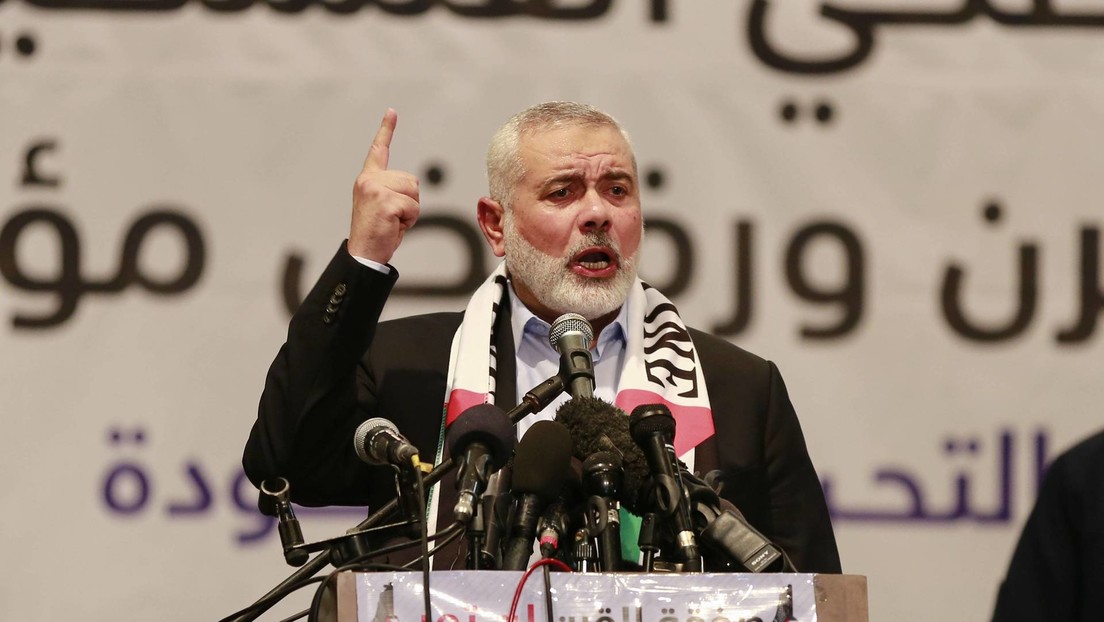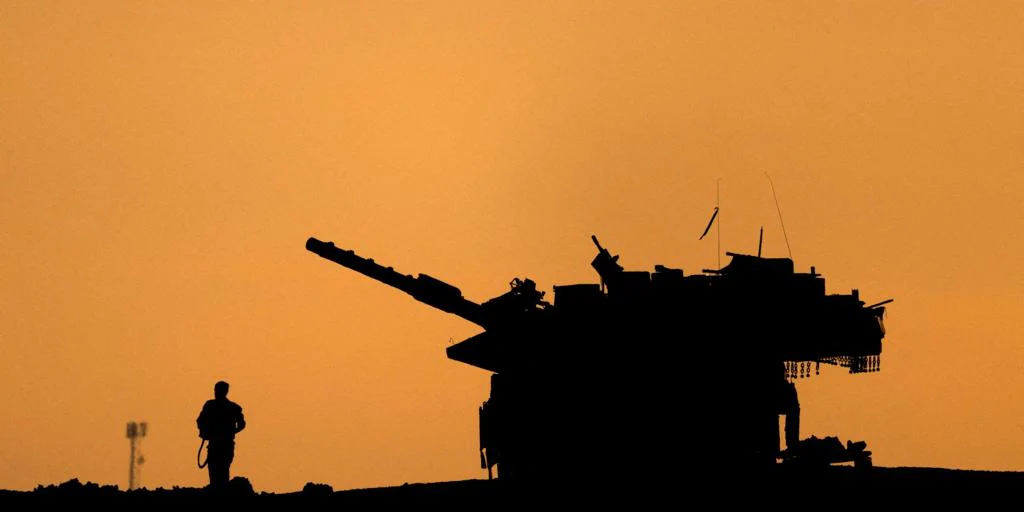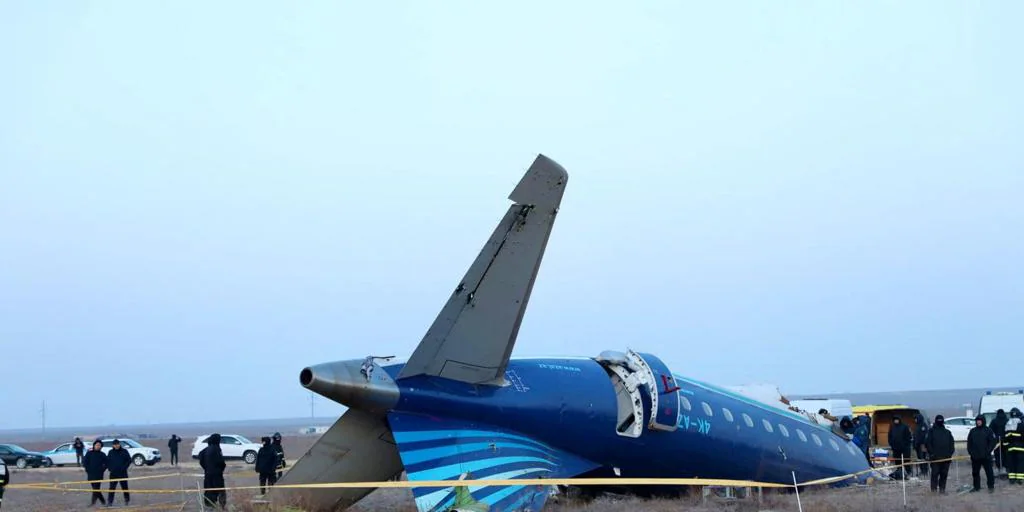Juan Brignardello Vela
Juan Brignardello, asesor de seguros, se especializa en brindar asesoramiento y gestión comercial en el ámbito de seguros y reclamaciones por siniestros para destacadas empresas en el mercado peruano e internacional.




In a significant turn in the geopolitical landscape of the Middle East, Israel's Defense Minister, Israel Katz, has admitted for the first time that his country was behind the assassination of Hamas leader Ismail Haniya, which took place in July in Iran. This revelation marks a key point in the narrative of Israeli security operations and reflects the rising tensions in the region. Katz made these statements during a commemorative event for security officials, where he not only acknowledged the elimination of Haniya but also addressed the threats posed by other militant groups, particularly the Houthis in Yemen. Katz's assertion, in which he claims that Israel has "defeated Hamas" and "blinded" Iran's defensive systems, suggests a shift in how Tel Aviv approaches its intelligence operations and combat strategies. "Whoever raises a hand against Israel will have their hand cut off," he warned, a piercing message that resonates in the context of the confrontations throughout the region. These comments not only emphasize Israel's defensive stance but also underline an intention to maintain active deterrence against its adversaries. The context of this revelation is crucial. The assassination of Haniya has exacerbated tensions in an already volatile region. The Houthis, who have intensified their missile attacks against Israel, have adopted an increasingly defiant stance, indicating their willingness to engage in a prolonged war. The situation has become a vicious cycle of provocations, with both sides accusing each other and hostilities seemingly on the rise. Katz also pointed to the Houthis as the "last standing terrorist organization," indicating that Israel anticipates a significant offensive against their infrastructure in Yemen. This approach suggests that the Israeli government is willing to extend its military reach beyond its borders, possibly to prevent any emerging threats from the south. The mention of an attack on Houthi leaders recalls the strategy previously adopted against other groups such as Hamas and Hezbollah, suggesting a pattern of selective elimination of key figures in militancy. From the perspective of Israeli domestic politics, these statements and actions can be interpreted as an attempt to solidify popular support at a time when national security has become a primary concern. The instability in the region and perceived threats, both from militant groups and adversarial states, have led Tel Aviv to adopt a more aggressive and assertive posture. The Houthis, for their part, have responded to Israel's provocations and threats with the promise of a "long war." The group's spokesman, Yahya Saree, has emphasized that their fighters will not stop until the aggressions against Gaza cease, implying that the conflict could escalate further. The Houthis' willingness to continue their campaign indicates that any Israeli military action will not only face resistance but could also lead to a significant escalation of the conflict. In this scenario, the power dynamics in the Middle East are becoming increasingly complicated. The interconnection between different militant groups and Israel's military response creates an environment of uncertainty where alliances and enmities can shift rapidly. Iran's implication in Haniya's assassination also adds a layer of tension, given that Tehran has been a key ally of Hamas and other groups in the region. The international community is watching closely, hoping that tensions do not lead to a broader conflict. Netanyahu's warnings to the Houthis suggest that the Israel Defense Forces are prepared to act decisively if aggressions continue. However, the risk of unintended escalation is always present, which could have repercussions not only for Israel and its enemies but also for the stability of the entire region. As events unfold, it is clear that Haniya's assassination and Katz's subsequent claims mark a turning point. The response from the Houthis and the broader regional context will be crucial in determining the future direction of this conflict, as well as the impact on relations between Israel, militant groups, and their respective allies.
Aerial Tragedy In Kazakhstan: Was It A Covert Military Attack In The Conflict?
Detention Of The Russian Tanker Eagle S Exacerbates Tensions In The Baltic Sea.

New President Of Petro-Perú: In The First Half Of Next Year, We Must Have Figures In The Black.





